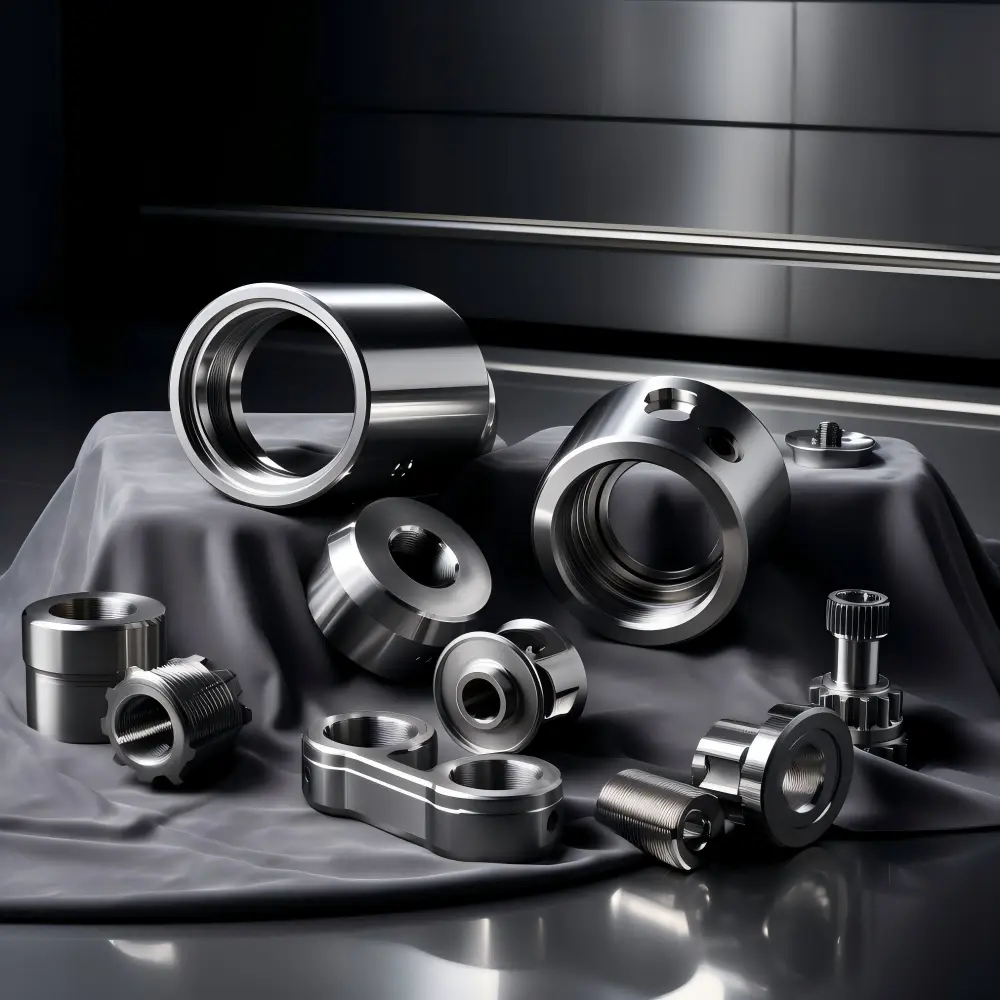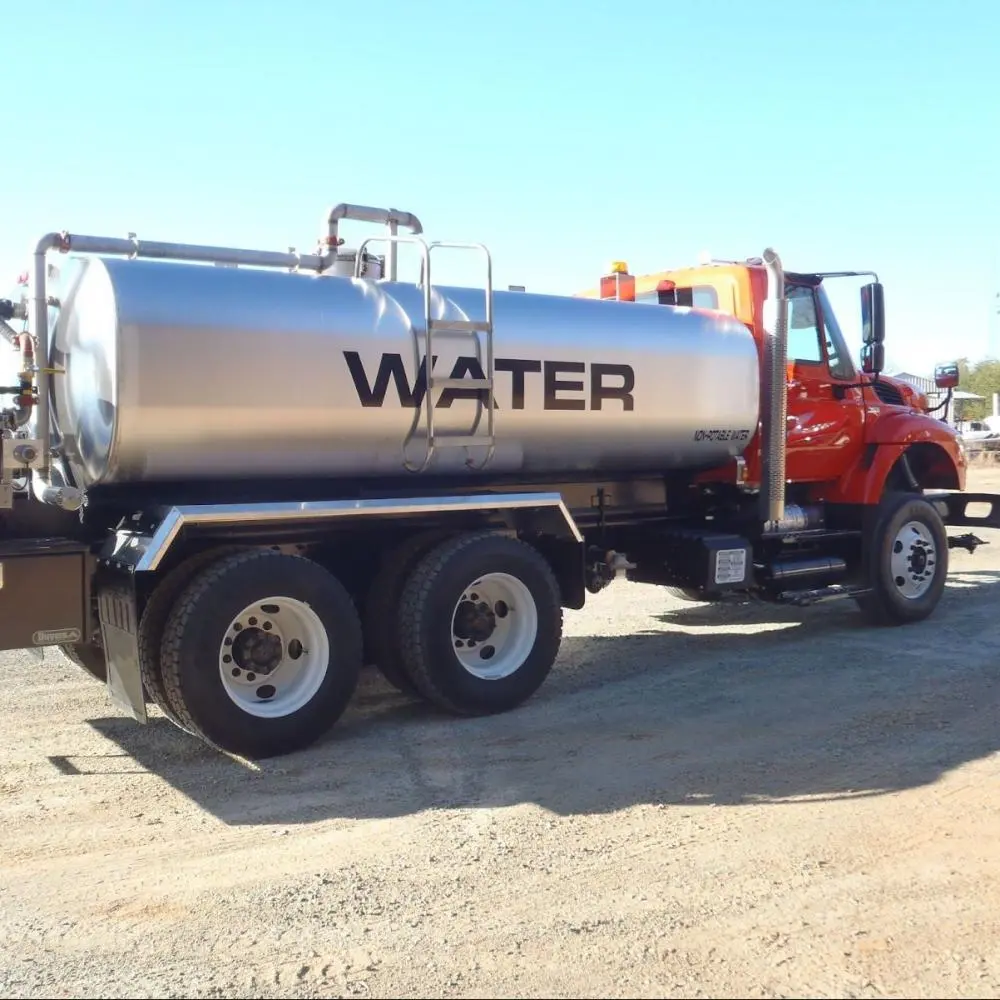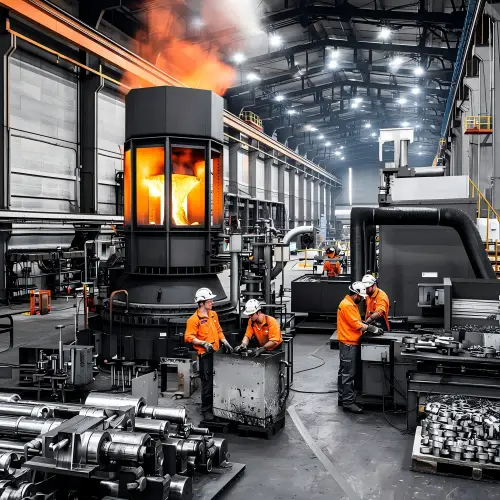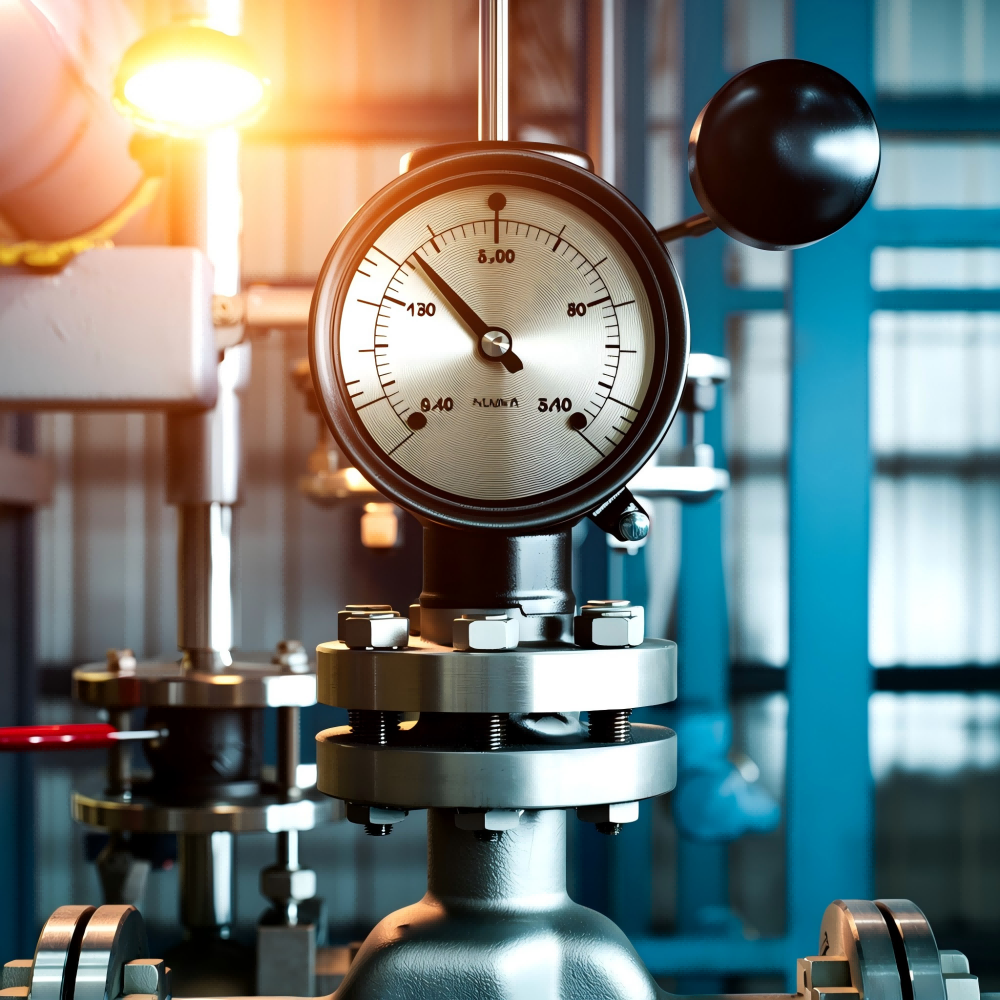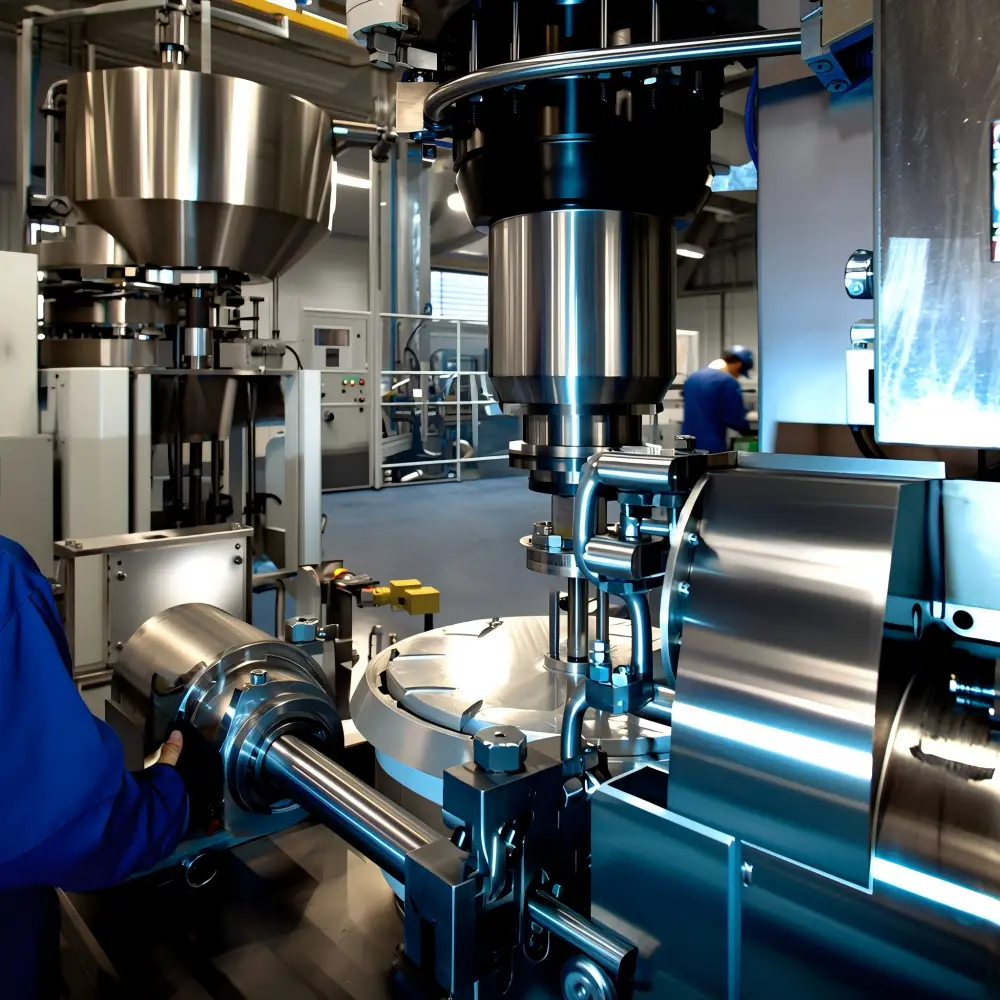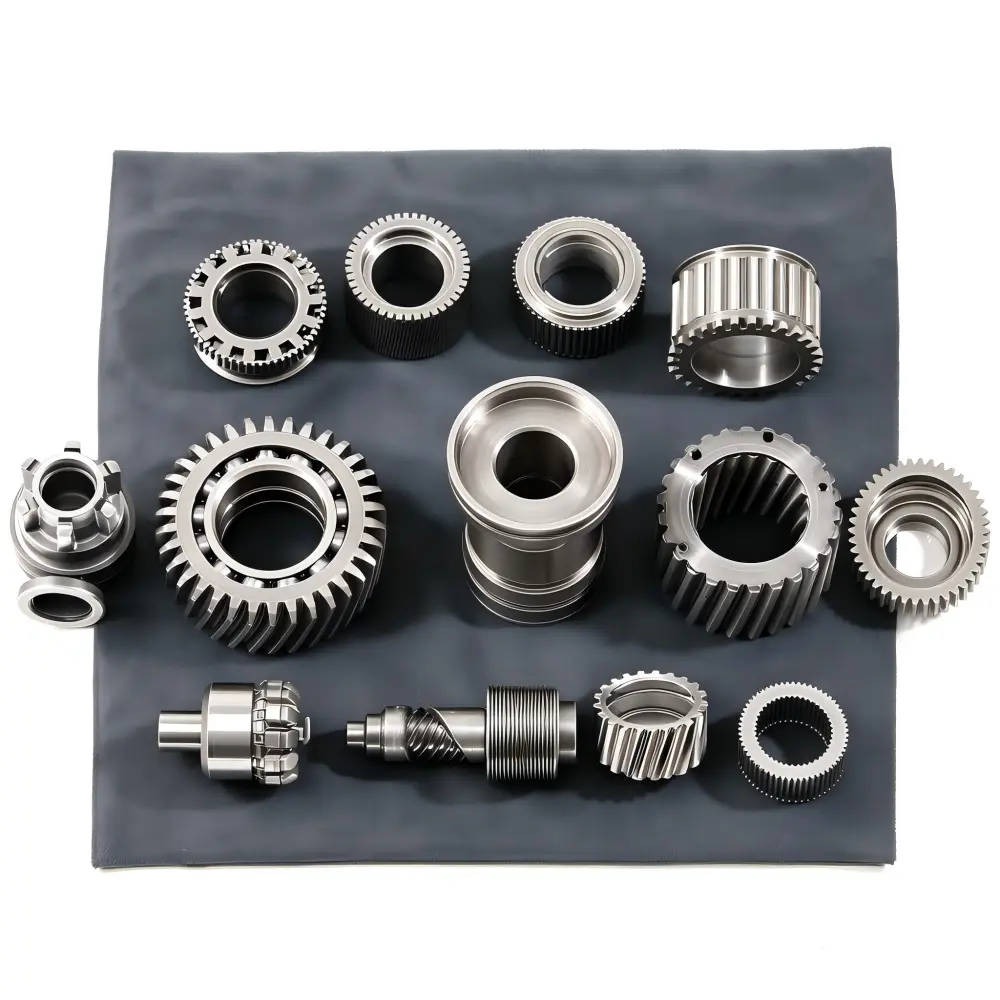Precision Casting Applications in Modern Industries
Precision Casting stands as a pivotal process in modern industries, offering unparalleled accuracy and efficiency. This technique allows manufacturers to produce intricate components with minimal waste, enhancing both quality and cost-effectiveness. Industries such as aerospace, automotive, and defense heavily rely on precision casting for its ability to create high-strength, lightweight parts. The global precision casting market reflects its growing importance, with projections indicating a rise from USD 14.09 billion to USD 24.52 billion by 2030. This growth underscores the critical role precision casting plays in advancing industrial capabilities.
Precision Casting in Aerospace Industry
Precision casting has revolutionized the aerospace industry by enabling the production of high-precision components essential for aircraft performance. This method ensures that each part meets stringent safety and efficiency standards, which are critical in aerospace systems.
Benefits of Precision Casting
High-precision components for aircraft
Precision casting allows manufacturers to create intricate designs with exceptional accuracy. This capability is vital for producing components that must fit perfectly within complex aerospace systems. The process minimizes errors and enhances the reliability of parts such as turbine blades and engine components. Scientific Research Findings: According to a study published in Business Research Insights, precision casting significantly contributes to the creation of intricate and lightweight components, thereby enhancing efficiency and safety in aerospace systems.
Lightweight materials for fuel efficiency
The aerospace industry constantly seeks ways to improve fuel efficiency. Precision casting supports this goal by enabling the use of lightweight materials without compromising strength. By reducing the weight of aircraft components, manufacturers can achieve better fuel economy and lower emissions. A report from LinkedIn highlights the increasing demand for fuel-efficient and lightweight aircraft, which drives the precision casting market forward.
Examples of Applications
Turbine blades and engine components
Turbine blades and engine components require high precision and durability. Precision casting provides the necessary accuracy and quality for these critical parts. The process ensures that each component can withstand extreme conditions while maintaining optimal performance. Impro Precision notes that Investment Casting, a form of precision casting, is particularly well-suited for aerospace applications due to its ability to produce intricate designs and superior surface finishes.
Structural parts for aircraft
Structural integrity is paramount in aerospace engineering. Precision casting plays a crucial role in manufacturing structural parts that support the aircraft's framework. These components must be both lightweight and strong to ensure safety and performance. The dominance of North America in the investment casting market, as reported by SkyQuestt, underscores the importance of precision casting in producing critical components for aircraft engines and structures.
Precision casting continues to be a cornerstone of innovation in the aerospace industry. Its ability to produce high-precision, lightweight components makes it indispensable for advancing aerospace technology and meeting the industry's evolving demands.
Precision Casting in Automotive Industry
Precision casting plays a vital role in the automotive industry, offering numerous advantages that enhance vehicle performance and manufacturing efficiency. This process allows for the creation of complex components with high precision, meeting the stringent demands of modern automotive engineering.
Advantages of Precision Casting
Enhanced durability and performance
Precision casting significantly improves the durability and performance of automotive components. By using this method, manufacturers can produce parts that withstand extreme conditions and maintain their integrity over time. The process ensures that each component meets exact specifications, resulting in reliable and long-lasting vehicle parts.
Cost-effective production of complex parts
The automotive industry benefits from the cost-effective production of precision casting. This technique allows for the economical production of intricate parts, reducing the need for additional machining and material waste. Manufacturers can achieve high-quality results while minimizing production costs, making precision casting an attractive option for automotive applications.
Applications in Manufacturing
Engine components and transmission parts
Precision casting is essential for producing engine components and transmission parts. These parts require high precision and strength to ensure optimal performance and efficiency. The process enables the creation of complex shapes and fine details, which are crucial for the functionality of these critical automotive systems.
Suspension and braking systems
In the realm of suspension and braking systems, precision casting offers significant advantages. The method allows for the production of components with precise dimensions and superior surface finishes. This precision ensures that suspension and braking systems operate smoothly and safely, enhancing the overall performance of vehicles.
"Precision casting, also known as investment casting, is crucial in the automotive sector for components like engine parts, transmission components, and braking systems, ensuring elevated strength, durability, and dimensional precision."
The automotive industry continues to rely on precision casting for its ability to produce high-quality, cost-effective components. This process not only enhances vehicle performance but also supports the industry's commitment to innovation and efficiency.
Precision Casting in Military and Defense
Precision casting plays a crucial role in the military and defense sectors, providing essential components that meet stringent requirements for strength and reliability. This process enables the production of high-quality parts that are vital for various defense applications.
Benefits for Defense Applications
High-strength materials for durability
Military equipment demands exceptional durability to withstand harsh conditions. Precision casting allows manufacturers to use high-strength materials, ensuring that components maintain their integrity under extreme stress. This capability is essential for producing parts that can endure the rigors of military operations.
Customization for specialized equipment
The defense industry often requires specialized equipment tailored to specific missions. Precision casting offers the flexibility to customize components according to unique specifications. This adaptability ensures that each part meets the precise needs of military applications, enhancing the effectiveness of defense systems.
Military Applications
Weaponry and ammunition components
Precision casting is instrumental in manufacturing weaponry and ammunition components. The process provides the accuracy needed to produce parts with intricate designs and tight tolerances. This precision is critical for ensuring the reliability and performance of weapons systems.
Vehicle and aircraft parts
Military vehicles and aircraft rely on precision casting for key components. The method enables the creation of parts that are both lightweight and strong, contributing to the overall efficiency and safety of military transportation. By using precision casting, manufacturers can produce components that enhance the performance of defense vehicles and aircraft.
"Investment casting, also known as precision casting, has ancient origins, with early applications traced back to ancient China where it was used to create intricate artifacts."
The military and defense sectors continue to benefit from precision casting's ability to produce high-quality, reliable components. This process remains a cornerstone of innovation, supporting the development of advanced defense technologies and systems.
Precision Casting in Energy Industry
Precision casting plays a pivotal role in the energy sector, contributing significantly to both renewable and fossil fuel industries. This process enables the creation of components that enhance efficiency and reliability in energy systems.
Role in Energy Sector
Components for Renewable Energy Systems
Precision casting supports the development of renewable energy by producing components with high precision and durability. Wind turbines, solar panels, and other renewable systems require parts that can withstand harsh environmental conditions. Precision casting ensures these components meet stringent performance standards, promoting sustainable energy solutions.
Efficiency in Fossil Fuel Extraction
In the fossil fuel industry, precision casting enhances extraction efficiency. The process allows for the production of complex components used in drilling and extraction equipment. These parts must endure extreme pressures and temperatures, and precision casting provides the necessary strength and reliability. By improving equipment performance, precision casting contributes to more efficient fossil fuel extraction.
Examples in Energy Sector
Wind Turbine Components
Wind turbines rely on precision-cast components for optimal performance. The blades and hubs require intricate designs to maximize energy capture from the wind. Precision casting ensures these parts have the necessary aerodynamic properties and structural integrity. This precision enhances the efficiency and lifespan of wind turbines, supporting the growth of wind energy.
Oil and Gas Extraction Equipment
The oil and gas industry benefits from precision casting in the production of extraction equipment. Components such as valves, pumps, and fittings require high precision to function effectively under demanding conditions. Precision casting provides the accuracy needed to produce these critical parts, ensuring reliable operation and reducing downtime in extraction processes.
"As history has shown, developments in various materials and techniques used in investment casting will continue to enhance the precision and quality of components."
The energy industry continues to leverage precision casting for its ability to produce high-quality components. This process not only supports the transition to renewable energy but also improves the efficiency of traditional fossil fuel extraction. As technology advances, precision casting will remain integral to the energy sector's evolution.
Precision casting offers numerous advantages across various industries. It produces highly precise and intricate components, closely resembling the final parts. This near-net-shape manufacturing process minimizes waste and enhances efficiency. The technique's versatility supports its rapid evolution and widespread adoption.
Looking ahead, precision casting holds immense potential for innovation. Industries can explore new materials and techniques to further improve component quality and performance. As technology advances, precision casting will remain a cornerstone of modern manufacturing, driving progress and meeting the demands of an ever-evolving industrial landscape.
Ningbo Pingheng Machinery Co., Ltd (www.phcasting.com) is a professional precision casting company.
See Also
Future Trends In Advanced Precision Casting Technologies
In-Depth Analysis Of Precision Casting And Die Casting
Exploring The Precision Casting Process And Its Advantages
Key Advantages Of Utilizing Precision Casting Techniques
Evaluating Investment Casting Against Various Casting Methods






